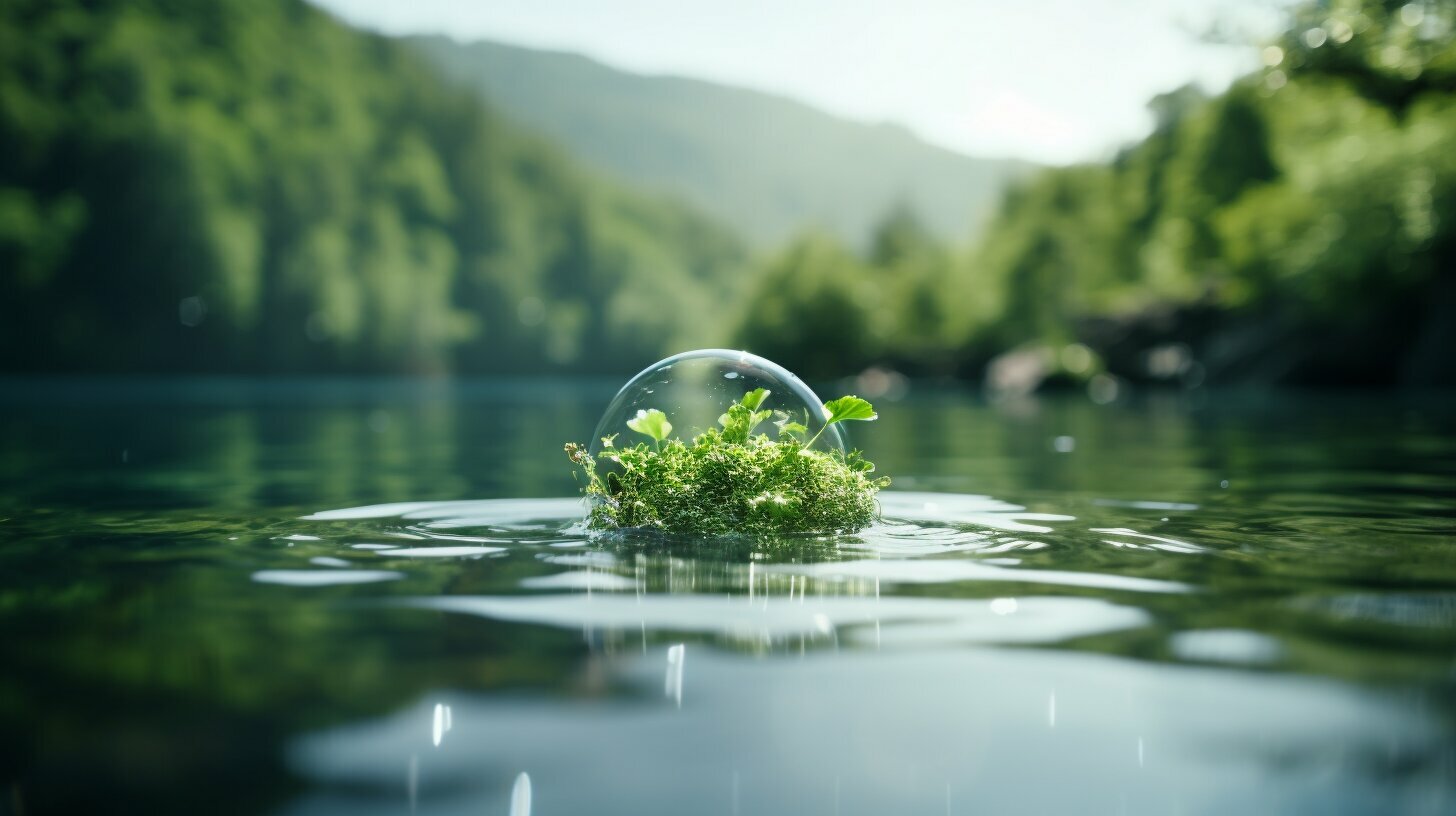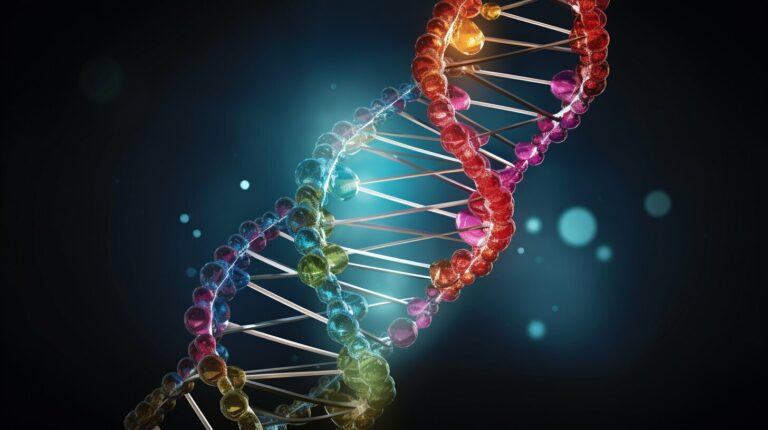Uncovering the Mystery: Why is Evaporated Water So Clean?
Evaporated water is renowned for its exceptional cleanliness, thanks to the natural purification process it undergoes during evaporation. When water transforms from liquid to vapor, impurities and contaminants such as bacteria, viruses, salts, and heavy metals are left behind, resulting in cleaner and purer water. This natural purification process makes evaporated water an excellent choice for various applications, including drinking, cooking, and industrial uses.
During the evaporation process, many types of contaminants are removed, including dissolved salts, heavy metals, and most organic compounds. However, it’s important to note that certain volatile contaminants with low boiling points may still persist in the evaporated water. To ensure the safety of drinking water, additional treatments like condensation and filtration are often necessary, especially if the water source contains harmful pollutants initially.
Evaporated water’s cleanliness is highly valued in sensitive applications that require high purity. Industries such as laboratory experimentation, pharmaceutical manufacturing, and electronics manufacturing rely on the exceptional purity of evaporated water. However, it is important to acknowledge that while evaporated water is generally clean, trace minerals and electrolytes may still be present. Additionally, evaporation itself does not kill bacteria and other microorganisms, so additional disinfection or treatment measures may be required to ensure the complete elimination of harmful microbes.
Key Takeaways:
- Evaporated water undergoes a natural purification process during evaporation, resulting in cleaner and purer water.
- The evaporation process removes many types of contaminants, including dissolved salts, heavy metals, and most organic compounds.
- Certain volatile contaminants with low boiling points may still remain in evaporated water, necessitating additional treatments like condensation and filtration.
- Evaporated water is suitable for various applications, including drinking, cooking, and industrial uses.
- In sensitive applications that demand high purity, evaporated water is highly valued but may still contain trace minerals and electrolytes.
- Additional disinfection or treatment measures may be required to eliminate harmful microbes from evaporated water.
Understanding the Evaporation Process for Clean Water
The evaporation process plays a crucial role in purifying water, leaving behind impurities and contaminants and resulting in exceptionally clean and pure water. When water undergoes evaporation, it goes through a natural purification process that effectively removes various pollutants.
During evaporation, the water is heated until it reaches its boiling point, causing it to change from a liquid to a gaseous state. This phase change allows the water molecules to separate from the impurities and contaminants, which have higher boiling points and do not evaporate with the water.
As the water turns into vapor and rises, it leaves behind the dissolved salts, heavy metals, and most organic compounds that were present in the original water source. These impurities, unable to transition into the gaseous state, are left behind, resulting in cleaner and purer water.
However, it’s important to note that while evaporation removes many types of contaminants, certain volatile contaminants with low boiling points may still remain in the evaporated water. To ensure the highest level of purity, additional purification processes such as condensation and filtration are often employed.
| Benefits of the Evaporation Process |
|---|
| The removal of dissolved salts, heavy metals, and most organic compounds |
| Significant reduction in impurities and contaminants |
| Leaves behind bacteria, viruses, and other harmful microorganisms |
| Allows for the production of exceptionally clean and pure water |
Overall, evaporation is an effective and natural method of water purification. By harnessing the power of heat and phase change, it ensures that the resulting evaporated water is clean, pure, and suitable for a wide range of applications.
Additional Treatments for Safe Drinking Water
While evaporated water is generally clean, additional treatments like condensation and filtration are often necessary to ensure its safety for drinking. Evaporation is a natural purification process that removes impurities and contaminants from water, but it does not kill bacteria and other microorganisms. Therefore, it is important to implement further treatment measures to eliminate any remaining harmful microbes.
Condensation is one such treatment method commonly used after evaporation. This process involves cooling the evaporated water vapor to convert it back into liquid form. By condensing the water vapor, any volatile contaminants with low boiling points are left behind, resulting in further purification of the water. The condensed water can then be collected and used for drinking purposes.
Filtration is another crucial step in ensuring the safety of evaporated water for drinking. Filtration systems are designed to remove any remaining particles, sediments, or impurities that may be present in the water. These systems typically use filters made from materials such as activated carbon, ceramic, or reverse osmosis membranes to effectively trap and remove contaminants. This ensures that the water is clean, clear, and free from any potential health risks.
| Treatment Method | Description |
|---|---|
| Condensation | The process of cooling evaporated water vapor to convert it back into liquid form, removing volatile contaminants in the process. |
| Filtration | The use of filters to remove particles, sediments, and impurities from evaporated water, ensuring its cleanliness and safety for drinking. |
By implementing condensation and filtration as additional treatments, evaporated water can be made safe and suitable for consumption. These purification methods complement the natural evaporation process, providing an extra layer of protection and ensuring the delivery of clean and potable drinking water.
Versatile Applications of Evaporated Water
The exceptional cleanliness of evaporated water makes it suitable for a diverse range of applications, including drinking, cooking, and industrial uses. The natural purification process of evaporation removes impurities and contaminants, making evaporated water a reliable choice for various purposes.
When it comes to drinking water, evaporated water offers a refreshing and clean option. Its purity ensures that you are consuming water free from harmful bacteria, viruses, and dissolved salts. Whether you’re quenching your thirst or preparing a delicious meal, evaporated water provides peace of mind and a refreshing taste.
In industrial settings, evaporated water is favored for its cleanliness and reliability. From manufacturing processes to cooling systems, its purity makes it ideal for use where water quality is crucial. By utilizing evaporated water, industries can ensure consistent results and minimize the risk of contaminants affecting their operations.
Moreover, evaporated water finds applications in cooking, where its clean nature enhances the flavors of various dishes. Whether you’re boiling pasta or brewing a cup of coffee, the natural purity of evaporated water contributes to the overall taste and quality of your culinary creations.
With its versatility and exceptional cleanliness, evaporated water is a reliable choice for a wide range of applications. Its natural purification process, combined with additional treatments if necessary, ensures that the water you use meets the highest standards of cleanliness for a refreshing and safe experience.
High Purity Demands: Evaporated Water in Sensitive Applications
Evaporated water finds extensive usage in sensitive applications such as laboratory experiments, pharmaceutical manufacturing, and electronics manufacturing due to its exceptional purity. When it comes to these industries, the demand for clean and pure water is paramount, as even the slightest impurity can have significant consequences. That’s where evaporated water shines, offering a reliable and high-quality water source for these critical applications.
Through the natural process of evaporation, water undergoes a purification process that eliminates impurities and contaminants, resulting in a clean and pristine water source. Evaporation effectively removes bacteria, viruses, salts, and heavy metals, making it ideal for sensitive applications that require a high level of purity and reliability.
However, it’s important to note that while evaporated water is generally clean, certain volatile contaminants with low boiling points may still persist. To ensure the water meets the stringent purity requirements of these industries, additional purification processes like condensation and filtration are often employed. These processes further enhance the quality and safety of evaporated water, ensuring that it is free from any remaining impurities.
| Industry Applications | Benefit of Evaporated Water |
|---|---|
| Laboratory Experiments | Provides a reliable and pure water source for accurate and consistent experimental results. |
| Pharmaceutical Manufacturing | Ensures the production of safe and effective medications by utilizing a clean water source that meets stringent quality standards. |
| Electronics Manufacturing | Helps prevent contamination and damage to sensitive electronic components, ensuring the production of high-quality electronics. |
In conclusion, evaporated water’s exceptional purity makes it a vital resource for sensitive applications such as laboratory experiments, pharmaceutical manufacturing, and electronics manufacturing. By undergoing a natural purification process, evaporated water effectively eliminates impurities and contaminants, providing a reliable and clean water source. Through additional purification methods, evaporated water can meet the high purity demands of these industries, ensuring the safety and reliability of their products.
Trace Minerals and Contaminants in Evaporated Water
While evaporated water generally has reduced mineral content, trace minerals and electrolytes may still be present, and certain contaminants with lower boiling points may persist. The evaporation process effectively removes many impurities and contaminants, resulting in cleaner and purer water. However, it is important to note that not all types of contaminants are completely eliminated through evaporation alone.
Trace minerals and electrolytes: During evaporation, the concentration of minerals present in the water may decrease. However, trace amounts of minerals and electrolytes can still be found in evaporated water. These minerals can include essential elements like calcium, magnesium, and potassium, which may contribute to the taste and overall quality of the water.
Contaminants with lower boiling points: While evaporation is effective in removing many types of contaminants, certain volatile substances with lower boiling points may still persist in the evaporated water. These can include volatile organic compounds (VOCs) and some chemicals. To ensure the safety and purity of evaporated water, additional treatment methods such as condensation and filtration are often employed.
| Contaminant | Effect |
|---|---|
| Bacteria and viruses | Evaporation alone does not kill or remove microorganisms, so additional disinfection measures are necessary to ensure complete elimination. |
| Soluble salts and heavy metals | Evaporation effectively reduces the concentration of dissolved salts and heavy metals, leading to cleaner water. |
| Volatile organic compounds (VOCs) | Some VOCs may have lower boiling points than water, allowing them to persist in the evaporated water. Additional treatments are necessary to remove these contaminants. |
It is important to consider the source of the water before undergoing the evaporation process. Starting with a clean water source free from harmful pollutants ensures a higher chance of obtaining purer evaporated water. Additional treatments like condensation and filtration can further enhance the safety and quality of the water, making it suitable for various applications, including drinking, cooking, and industrial uses.
Conclusion
Evaporated water is renowned for its exceptional cleanliness, thanks to the natural purification process of evaporation; however, additional treatments are necessary to ensure its safety for drinking purposes. When water undergoes evaporation, impurities and contaminants such as bacteria, viruses, salts, and heavy metals are left behind, resulting in cleaner and purer water. Evaporation removes many types of contaminants, including dissolved salts, heavy metals, and most organic compounds.
Despite the natural purification process, certain volatile contaminants with low boiling points may still remain in the evaporated water. That’s why additional purification processes like condensation and filtration are often necessary to make evaporated water safe to drink. It is important to ensure that the water source is initially free from harmful pollutants to ensure the purity of evaporated water.
Evaporated water is not only suitable for drinking purposes, but it also finds versatile applications in various fields. From cooking and industrial uses to sensitive applications that demand high purity, evaporated water serves a wide range of purposes. It is commonly used in laboratory experiments, pharmaceutical manufacturing, and electronics manufacturing, where the stringent purity requirements are met by evaporated water.
While evaporated water generally has reduced mineral content compared to the original water source, trace minerals and electrolytes may still be present. It is important to note that evaporation itself does not kill bacteria and other microorganisms, so additional disinfection or treatment measures may be required to ensure the complete elimination of harmful microbes.
FAQ
Why is evaporated water considered clean?
Evaporated water is considered clean due to the natural purification process that occurs during evaporation. Impurities and contaminants are left behind, resulting in cleaner and purer water.
What contaminants are removed during evaporation?
Evaporation removes many types of contaminants, including dissolved salts, heavy metals, and most organic compounds. However, certain volatile contaminants with low boiling points may still remain in the evaporated water.
Can evaporated water be made safe to drink?
Yes, evaporated water can be made safe to drink through additional treatments like condensation and filtration. It is essential to ensure the water source is initially free from harmful pollutants.
In what applications can evaporated water be used?
Evaporated water is suitable for various applications, including drinking, cooking, and industrial uses. It is commonly used in sensitive applications that require high purity, such as laboratory experiments, pharmaceutical manufacturing, and electronics manufacturing.
Does evaporated water still contain minerals?
Evaporated water generally has reduced mineral content compared to the original water source, but trace minerals and electrolytes may still be present.
Does evaporation kill bacteria and microorganisms?
Evaporation itself does not kill bacteria and other microorganisms, so additional disinfection or treatment measures may be required to ensure complete elimination of harmful microbes.






